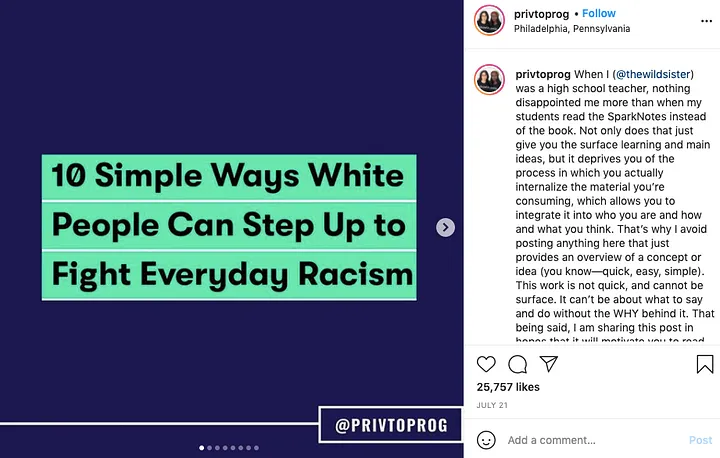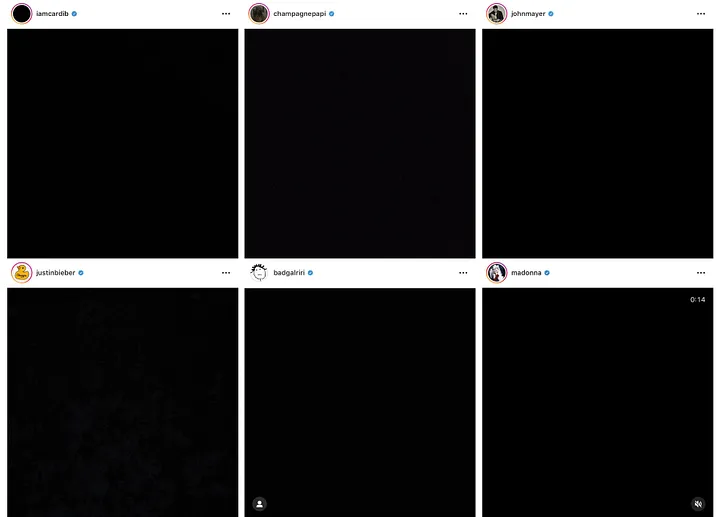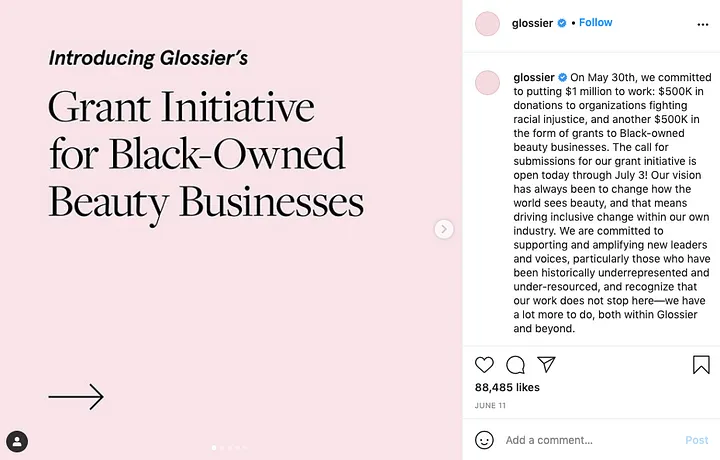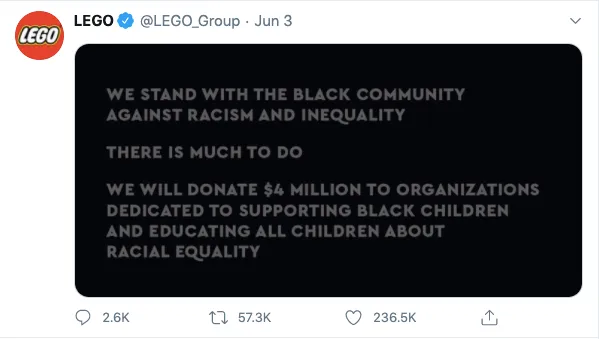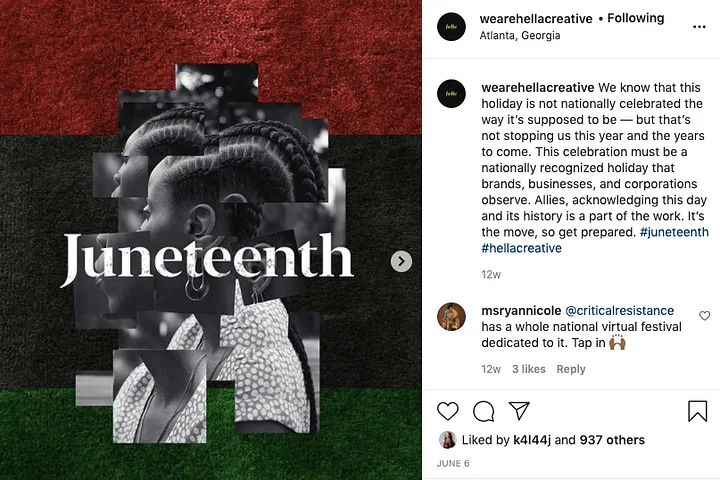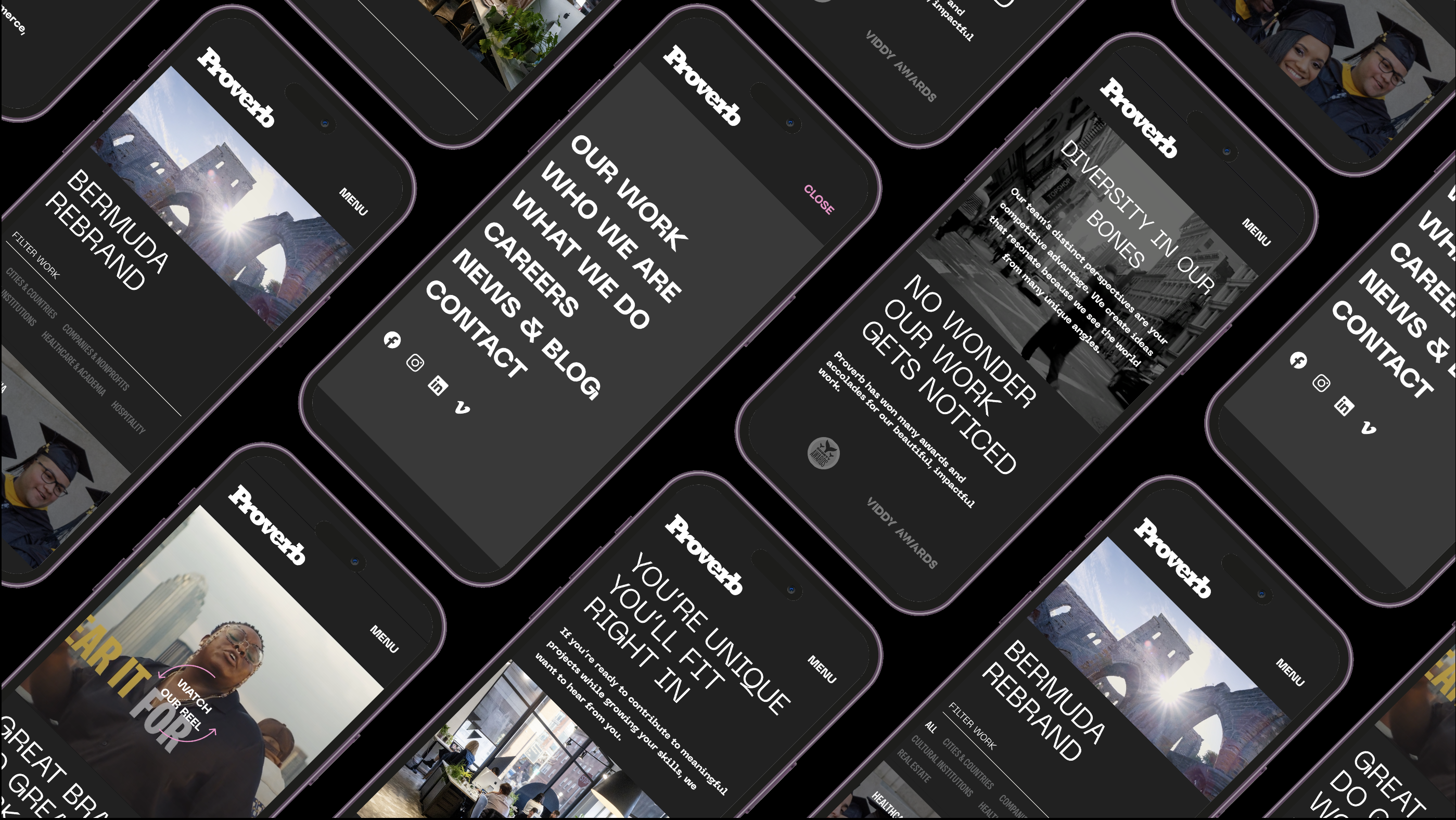It’s safe to say that these days, technology plays a massive role in our lives. Our team at Proverb knows this all too well — we use social media for everything. From news updates and networking to ordering our favorite food, it’s hard to imagine a life without apps, notifications, and endless information at our fingertips. But recently, we’ve seen social media take a new shape. Injustices are going viral, Instagram feeds are becoming classrooms, and brands are taking a stand like never before. But as social media activism is rising, we’re seeing the harmful effects of things like “slacktivism.” No matter your stance, it’s undeniable that as social media is manifesting into purpose and action, it’s creating a lifeline for something bigger than us all: the fight for freedom, justice, and equality.
In July 2013, a labor organizer named Alicia Garza used the phrase “Black Lives Matter” in a Facebook post after George Zimmerman shot and killed 17-year old Trayvon Martin and walked free. Patrisse Cullors, another community organizer, added a hashtag to Garza’s phrase. Opal Tometi bought the domain name for “Black Lives Matter,” and it erupted into a movement. By 2014, #BlackLivesMatter peaked at 146,000 tweets. But following the murder of George Floyd, the hashtag nearly “broke” the internet, with 47.8 million tweets. Systemic racism is nothing new––it’s a calculated injustice that’s been around forever, far older than this country. But with COVID-19 forcing nearly every American to stay home, and the rise of social media, people are confronted with the ugly truth of racism like never before.

